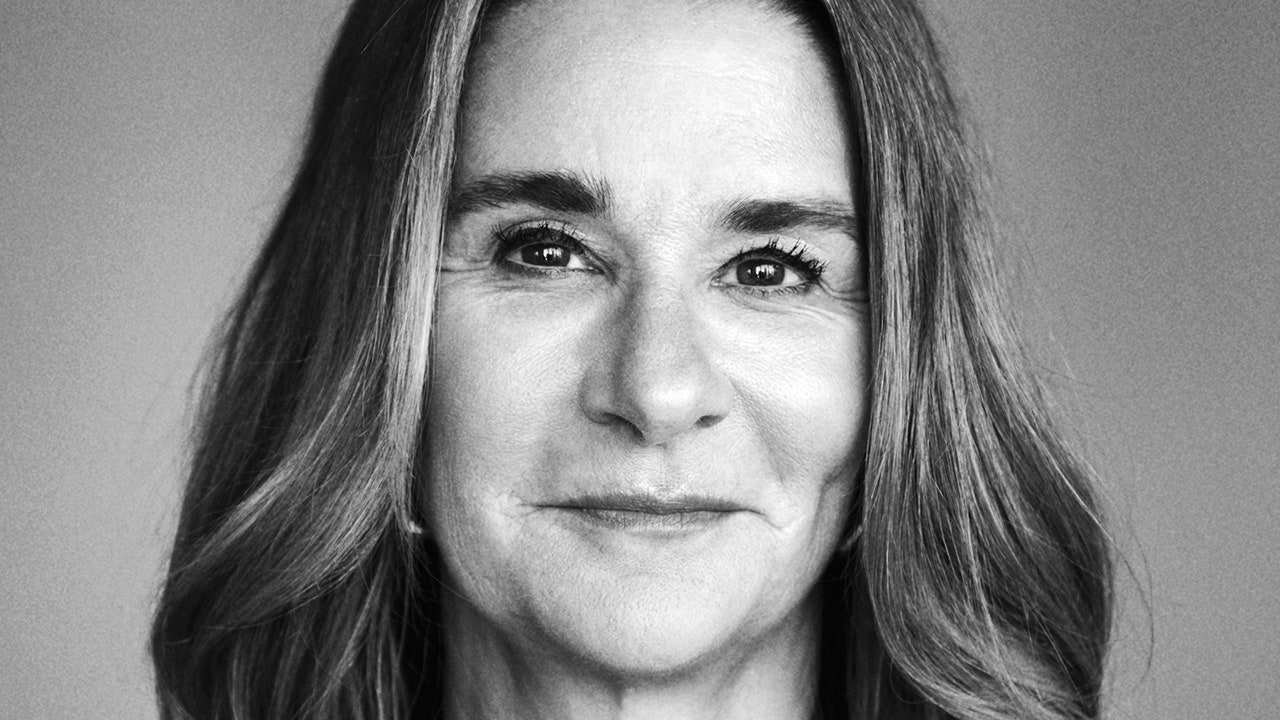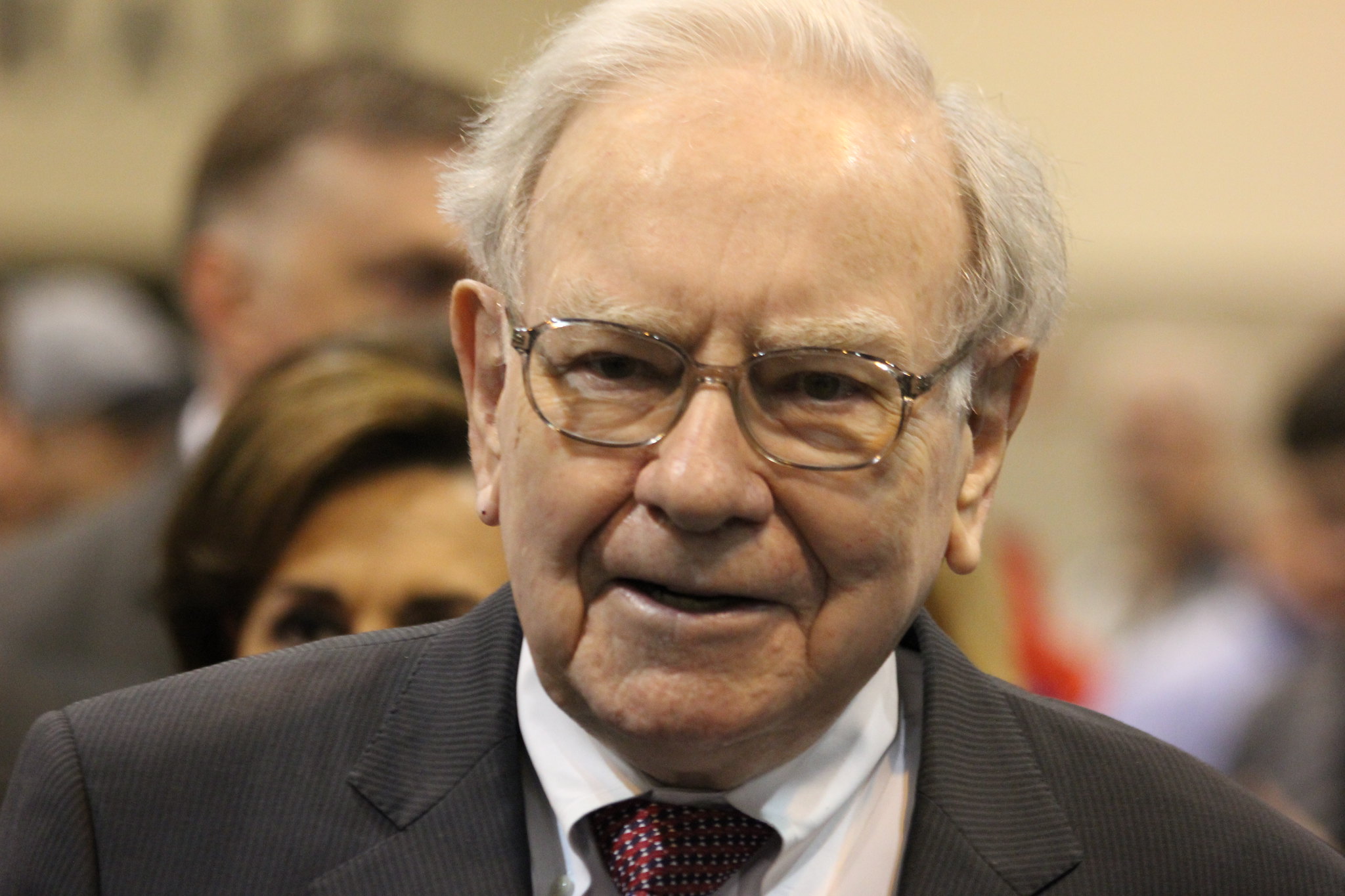Her personal wealth remains, she says, “surreal.” With it, “I feel a great responsibility.” But it doesn’t feel like a weight. “The weighty part is when you go out in the field and you see the needs of people on the ground. You see how they’re struggling to make ends meet. A single mom whose mother gets sick, who used to be her childcare for her four-month-old baby, that’s what’s hard.” But to French Gates, there are answers to hard issues if you ask the right questions. “What can philanthropic dollars and/or investment dollars and/or good government policy or government resources, what can they do to help support that mom?”
That we live in a society in which wealth disparity can be so vast—in which billionaires can exist at all—seems like a sure sign that something is broken. “I leave changing the system, on this, to other people, because it’s a huge policy issue,” French Gates says. “But when that policy passes, it doesn’t change my actions.” Washington State implemented a 7 percent capital gains tax for high earners in 2021, the same year French Gates permanently moved out of the 66,000-square-foot lakeside complex known as Xanadu 2.0 in Seattle’s Medina that she previously shared with Gates and into an undisclosed neighborhood where she’s pleased to finally be able to walk to stores and restaurants. “I’m not moving from Washington State because there’s capital gains tax. I took a big hit on it. That’s what’s right for society.” (French Gates advocated for widespread capital gains taxes in 2020; a Republican-led initiative to repeal the tax is on Washington State ballots in November.)
For decades the Bill & Melinda Gates Foundation—and its eponymous founders—steered mostly clear of partisan politics and causes, a legal mandate for the foundation and one of opportuneness for the Gateses. French Gates’s individual political donations straddle the aisle: In 2018 she gave $2,700 each to then Missouri Republican senator Roy Blunt and Washington Democratic senator Patty Murray. The following year she and Gates received the George W. Bush Medal for Distinguished Leadership, presented by the former president and first lady. A month later former president Barack Obama surprised her on her book tour with a recorded skit in which he pledged to help French Gates support girls.
But this spring French Gates made her first-ever presidential endorsement, for Joe Biden. The time was right, she tells me, because she believes a second term with Donald Trump “would be dangerous” to reproductive rights and gender parity. (In response to her endorsement, Musk tweeted, “Might be the downfall of Western civilization.” French Gates saw the post: “I think it was silly.”)
In July, when Biden announced he wouldn’t seek reelection, French Gates waited only two days before publicly endorsing Vice President Kamala Harris—with whom she’s worked several times, including on an agriculture initiative leading up to Harris’s 2023 visit to Africa. They were seated together at a state dinner this year. “We are like-minded on many issues,” French Gates tells me when we speak the week of Harris’s historic step-up—and they are, from paid family leave to reproductive rights. “I’m not specific about any candidate—how much money I put behind her campaign,” she says, though she characterizes her Harris-Walz donations as “substantial.” And true to her vision of giving, she has offered more than just money to the campaign as well, including the opportunity for French Gates to host an event. “We’re in touch regularly about that—and more to come.”
“I could not have been more proud of the current president, Joe Biden,” she adds, “what he did, the courage and the humility to say, ‘Okay, I need to pass the baton. The time has come.’ He has worked so hard for this country over so many years, but it takes courage to step aside. He did the right thing for the country.”
After years of keeping quiet on partisan issues, “It feels right to use my voice in this way because we have places in society that we need to get; quite honestly, we’re behind other high-income countries. And so now in particular to have a candidate like Kamala in the race…” she says, pausing. “She sees the issues society faces today. She’s not an old-school ‘Let’s have all males at the table.’ She sees what working couples are going through, male and female.”
When I raise the public perception that Silicon Valley leans Trump, she gently but firmly pushes back. “I’m not sure that is right,” she says. The Valley, according to French Gates, is “actually quite split Democratic and Republican.” Perhaps right-wing perspectives “were some of the most vocal at the beginning, but I’m not sure that’s actually accurate.”
“We have to remind people that he stacked the Supreme Court to do exactly what happened,” she says of Trump. “We had a law on the books for over 40 years that got rolled back.”
For French Gates, a practicing Catholic, the issue of abortion has been complicated. To even endorse contraceptives back in 2012, she says, “was a big decision for me.” She spoke with her parents and her kids; she did a study of the Catholic Church in partnership with professors from Notre Dame. “I really wrestled with it. But at the end of the day, I just saw too much death in the developing world. And women saying, ‘I can’t have another child because I can’t feed it. I already have five.’ To me, you have to weigh the equation. And so I finally said, well, okay, this is a man-made religion. I use contraceptives. I believe in them. So I need to speak my truth. And ultimately I did.”
Still, in 2014, in a blog post for the foundation that has since been removed from the website, she wrote that “the emotional and personal debate about abortion is threatening to get in the way of the lifesaving consensus regarding basic family planning,” noting that the Gates Foundation had decided not to fund abortion measures. A decade later, to me, she says, “When you have a law on the books that helps women with their health, you don’t ever roll it back, period. You just don’t.”
Already, Pivotal has partnered with Vote Run Lead, the political candidate–training program that has worked with 55,000 women, of whom nearly 60 percent have been women of color and 20 percent from rural America. In 2023 elections, winning alums included Nadia Mohamed of St. Louis Park, Minnesota, who became America’s first Somali American mayor, and Shahana Hanif, New York City’s first Muslim woman elected to the city council. Other Pivotal partners include Vote Mama Lobby, launched in 2022 to harness the political power of Democratic moms; the Pipeline Fund, which aims to strengthen a network of diverse progressive leaders with research and funding; and the States United Democracy Center, which combats disinformation and protects voting rights.


